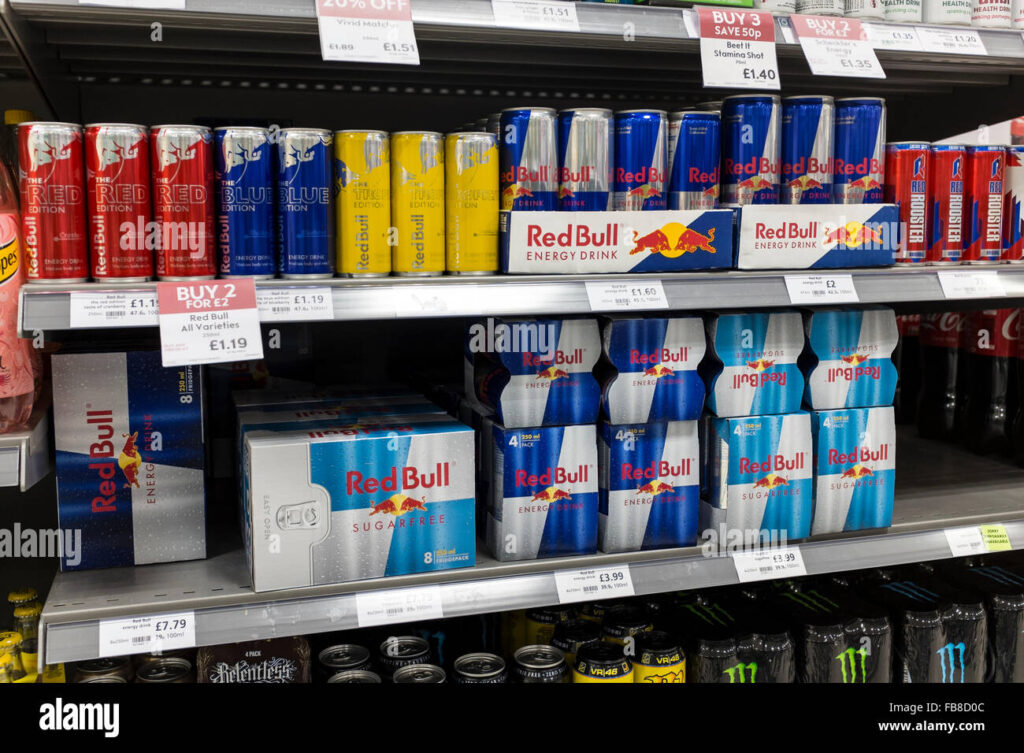ENERGY drinks are beverages that include considerable amounts of caffeine in combination with sugar and other substances such as taurine and guarana which are added for the purpose of boosting energy and mental performance.
Energy drinks first appeared on the scene in the 1960’s in Europe and Asia and since then, its popularity has grown.
The consumption of these drinks is popular, particularly among the young adult population and sports persons. In Ghana, some drivers and conductors of commercial vehicles and students are also regular consumers of energy drinks.
Some reasons for the consumption of energy drinks among students is to make them stay alert to study through the night. Young athletes drink it to enhance performances during sporting activities.
Some athletes also use energy drinks for hydration because they cannot afford spirts drinks or misinformation that energy drinks are similar to sports drinks.
Sports drinks contain water and important nutrients that are lost during exercising and should not be confused with energy drinks.
Findings from research reported staying awake while driving, reducing tiredness, mental sharpness and enhancement of sexual performance as reasons for drinking energy drinks by commercial drivers in Ghana.
The promotion of energy drinks as products that increase energy and enhance mental alertness and physical performance in print and electronic media partly contributes to the high consumption of these drinks.
“The promotion of energy as products that increase drinks energy and enhance mental alertness and physical performance… partly contributes to the high consumption of these drinks”.
COMPONENTS, EFFECTS ON HEALTH
Caffeine in energy drinks blocks the part of the brain that induces sleep and keep a person awake for longer periods.
A significant adverse effect of energy drinks is caffeine intoxication which can lead to anxiety, irregular heartbeat, high blood pressure, insomnia and stomach irritations. Another danger is mixing energy drinks with alcohol. This can lead to adverse heart, psychological and nerve problems.
Excessive intake of caffeine may also lead to calcium loss from the body, resulting in dental problems.
Another additive in energy drink is taurine which is known to increase heart rate. This additive works together with caffeine to increase the contractions of the heart. Guarana, also found in energy drinks, has similar effects to caffeine and taurine and contains some amount of caffeine (about 2%- 4.5%).
It is usually unclear how much guarana is in each energy drink because most of the time, many companies do not list the exact quantity on the label of the energy drink bottle. Therefore, the amount of caffeine in the products may be higher than the amount of caffeine noted, especially when guarana and caffeine are present together. According to the World Health Organization, up to 400 mg of caffeine a day is safe for most healthy adults.
Carbohydrate is another common ingredient in energy drinks which is in the form of sugars (sucrose, glucose and maltodextrin). The recommended amount of sugar daily is not more than 36g (about seven teaspoons) for men and not more than 25g (about five teaspoons) for women. Long-term consumption of energy drinks which contain excessive amounts of sugar could lead to type 2 diabetes, overweight/obesity, high blood pressure and fatty liver disease.
Recommendation
Persons at risk of heart diseases, diabetes and other health conditions should avoid the use of energy drinks. Obese persons, the aged, as well as pregnant women and children must also avoid energy drinks.
Healthy adults who want to consume energy drinks to boost their energy levels should check the label for caffeine content to avoid high consumption.
Regulatory agencies must ensure that only energy drinks with complete nutritional information are allowed on the markets. Sports persons should be educated on the potential risk of using energy drinks.
Bottom line
Energy drinks can improve energy levels but are loaded with caffeine, sugar and some stimulants. Getting enough rest, drinking enough water, regular exercise and eating a balanced diet are the best ways to stay energised.
Refer to the Ghanaian food-based dietary guidelines for dietary recommendations on how to eat well. Consult a registered dietician or nutritionist for further information on how to boost your energy.
Authors: Nazihatu Shani & Eunice Nortey
The writers are with the Department of Dietetics, School of Biomedical and Allied Health Sciences, College of Health Sciences, University of Ghana.


